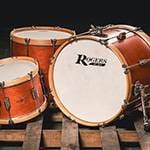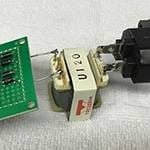Hello everyone! My name is Makino, and I am in charge of wind instruments. There are many kinds of oils for brass instruments. This time, we will focus on piston oil and introduce its role.
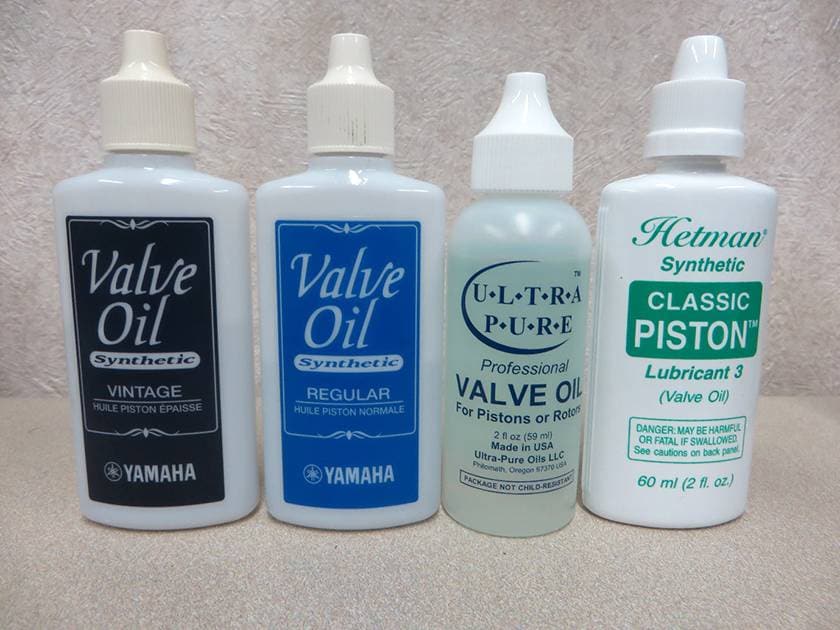
① Lubrication
When people ask, "What does oil mean?” the first thing that comes to mind is "lubrication”. For example, if a piston instrument is moved without oil, the piston and casing (the outer tube of the piston) will directly contact each other, causing friction. There is an invisible gap between the piston and the casing, and by inserting piston oil into this gap, friction is prevented and sliding improves.
The red circled area is the gap.
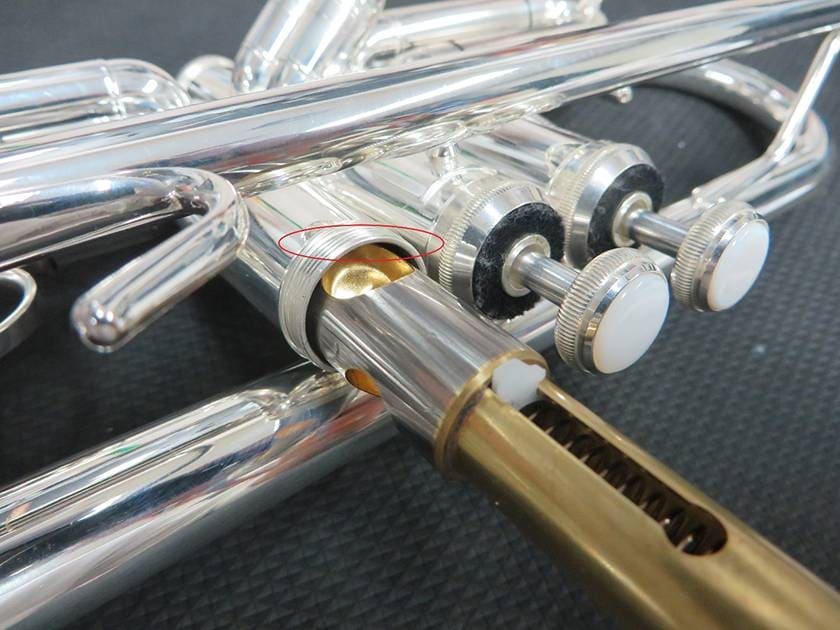
② Prevents Wear and Tear
As mentioned in ①, without oil, the piston and casing will rub directly against each other. This will cause wear and the gap between the piston and casing will become wider and wider. Wear does not mean that the piston will wear out immediately after not being inserted for a few days, but rather that the wear will be invisible. However, if the oil is not inserted for several days, months, or years, it will naturally wear out and lead to piston rattling and other malfunctions. Therefore, oil can be added to the gap mentioned in ① to prevent wear.
③ Rust Prevention
Since pistons are made of metal, they will rust and become stuck if they are not lubricated with oil. By inserting piston oil, rust is going to be prevented.
④ Prevents Noise
Piston oil also has the job of preventing noise. Oil in the gap between the pistons prevents noise caused by metal rubbing against metal.
There are other roles of piston oil, but these are the main ones. If the oil is not inserted, the piston will not stop moving immediately, but the risk of piston failure increases over the long term. Piston oil should be added daily.






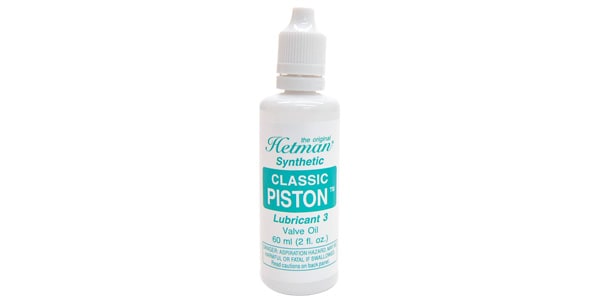
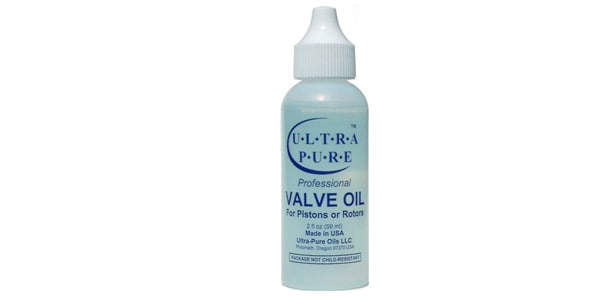
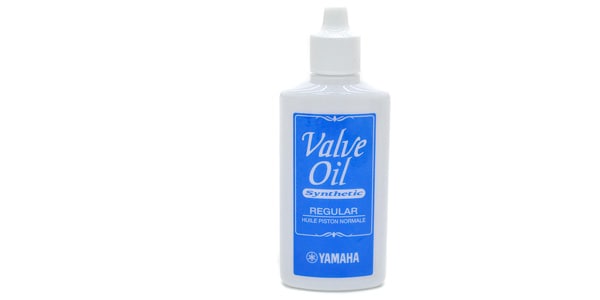
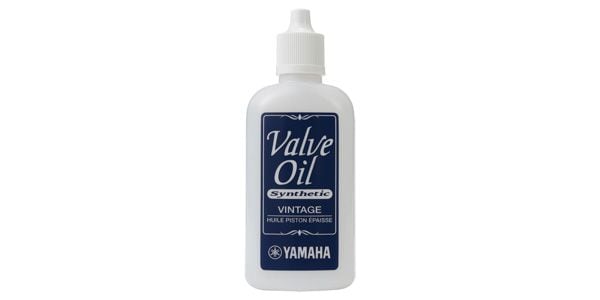
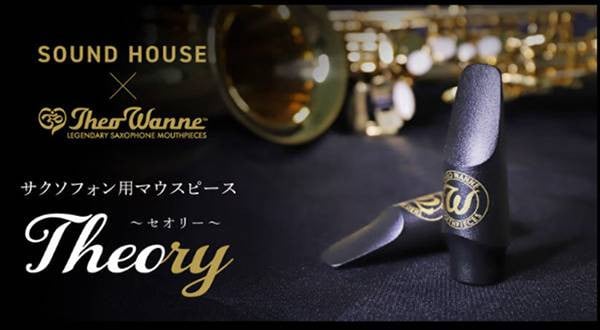
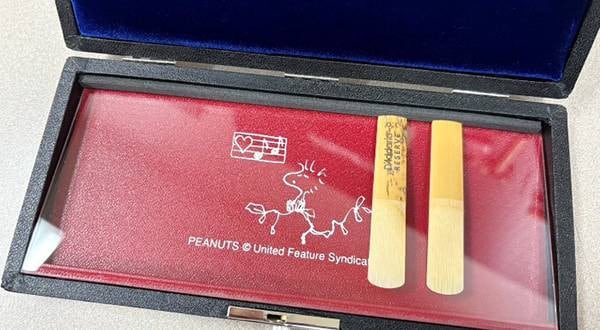
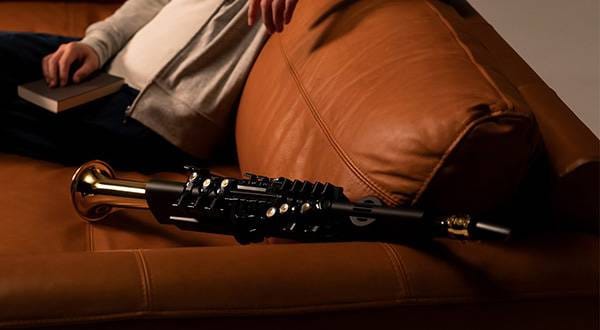
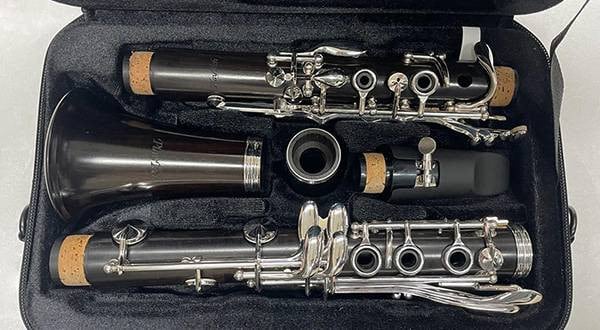
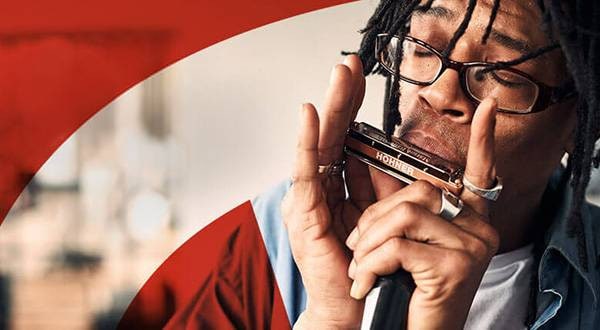
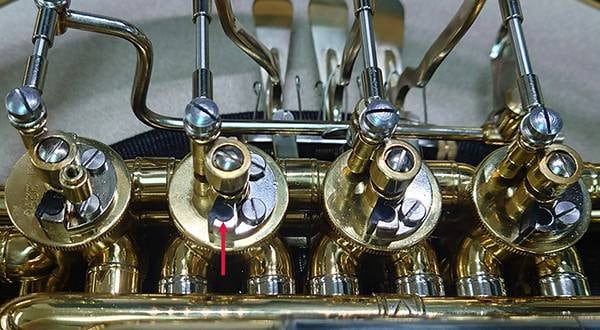
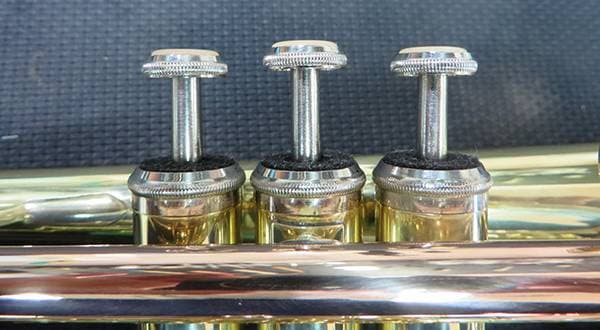
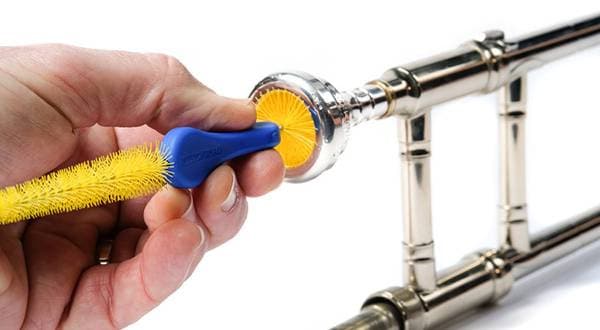
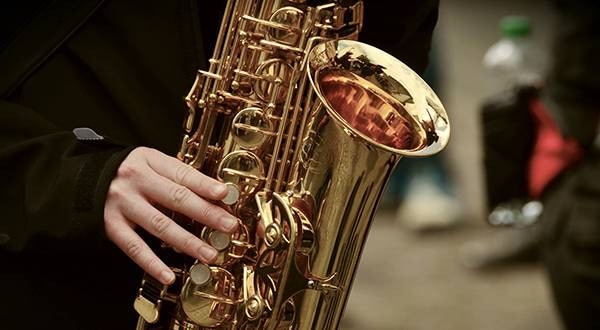
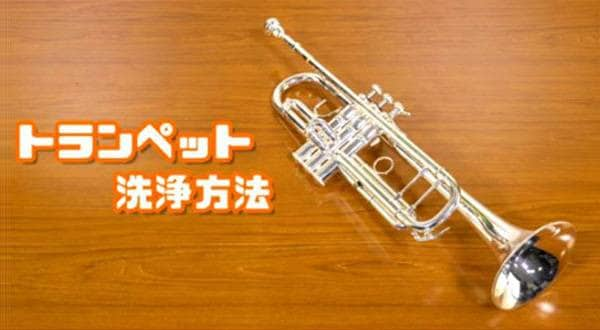
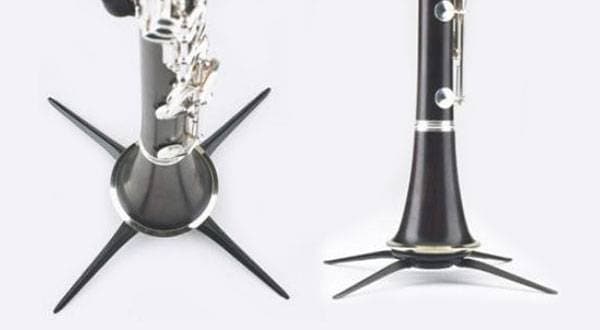
 プラスチック管楽器特集
プラスチック管楽器特集
 PLAYTECH 管楽器特集
PLAYTECH 管楽器特集
 ユーフォニアム・アルトホルンのお手入れ
ユーフォニアム・アルトホルンのお手入れ
 トロンボーンのお手入れ
トロンボーンのお手入れ
 トランペットのお手入れ
トランペットのお手入れ
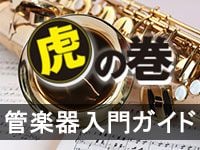 サウンドハウス虎の巻 管楽器入門ガイド
サウンドハウス虎の巻 管楽器入門ガイド
